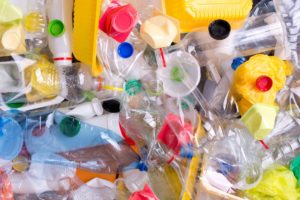 The U.S. has become a focus of investment for a small yet growing portion of the Chinese scrap processing industry. Backers of two in-development operations note they are looking for regulatory stability and a strong supply of recyclables.
The U.S. has become a focus of investment for a small yet growing portion of the Chinese scrap processing industry. Backers of two in-development operations note they are looking for regulatory stability and a strong supply of recyclables.

 Colin Staub was a reporter and associate editor at Resource Recycling until August 2025.
Colin Staub was a reporter and associate editor at Resource Recycling until August 2025. The U.S. has become a focus of investment for a small yet growing portion of the Chinese scrap processing industry. Backers of two in-development operations note they are looking for regulatory stability and a strong supply of recyclables.
The U.S. has become a focus of investment for a small yet growing portion of the Chinese scrap processing industry. Backers of two in-development operations note they are looking for regulatory stability and a strong supply of recyclables.
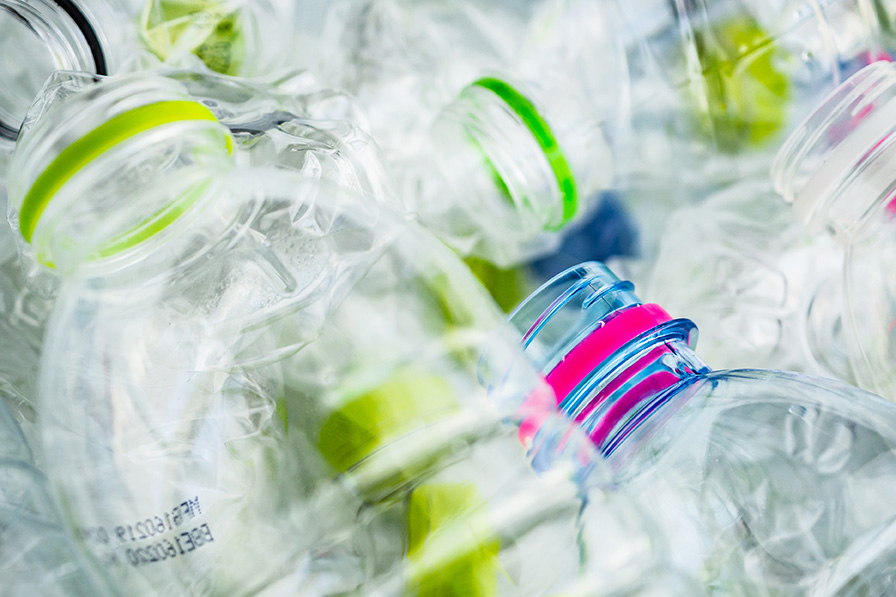
Indorama Ventures plans to make significant investments in its recycled PET production capabilities. | Kwangmoozaa/Shutterstock
Citing the need to meet rising demand in the near future, plastics producer Indorama is investing $1 billion in its recycling division.
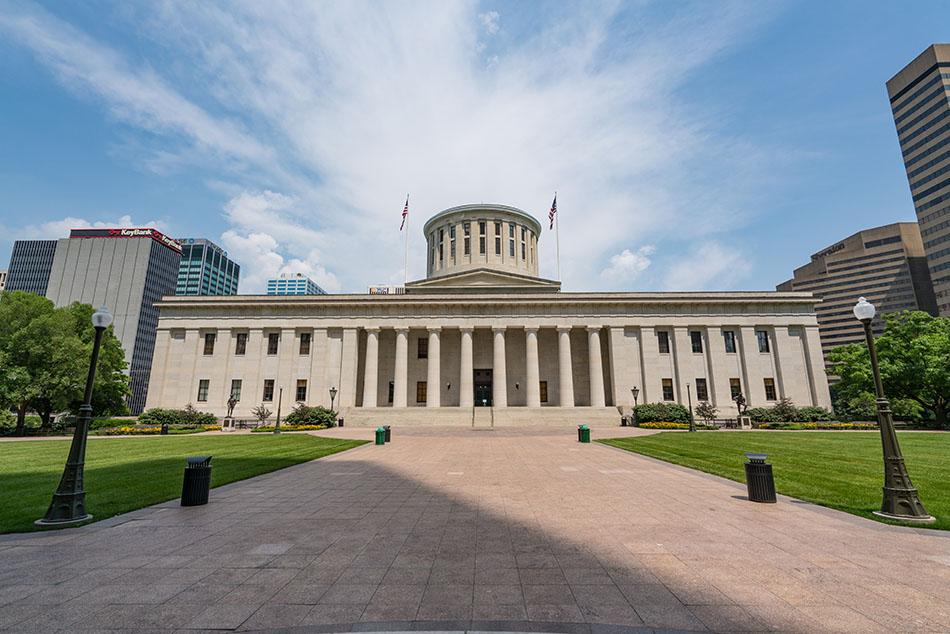
Ohio lawmakers recently passed a bill codifying a number of definitions related to chemical recycling. | Paul Brady Photography/Shutterstock
The sixth- and seventh-largest states in the country recently approved legislation that could help operators using pyrolysis and other technologies.
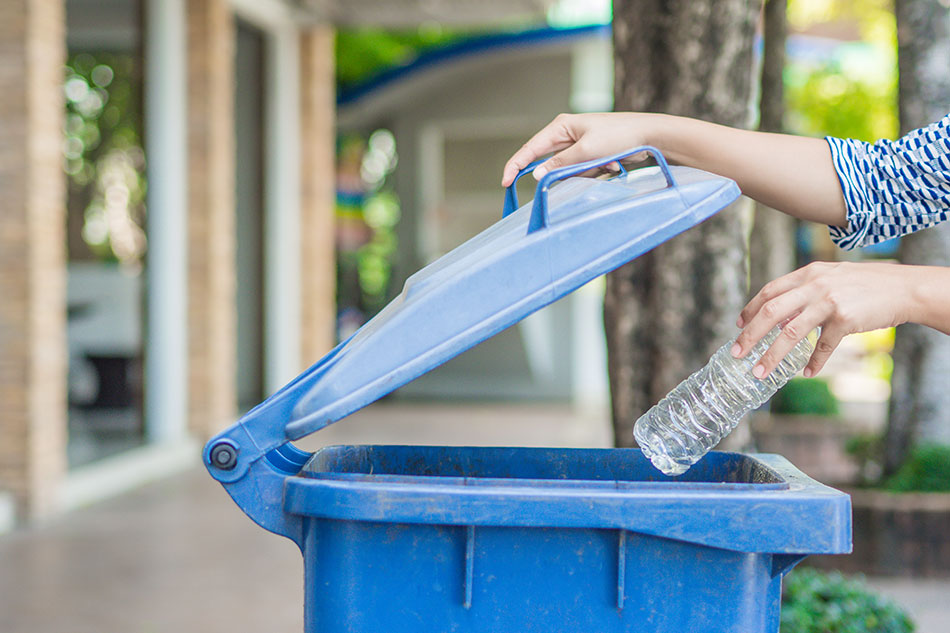
A Carton Council survey found 44% of respondents simply don’t believe their recyclables are being recycled. | siam.pukkato/Shutterstock
Industry-wide challenges are causing recycling-related skepticism among the public. But that’s not leading consumers to stop recycling, according to a recent survey.
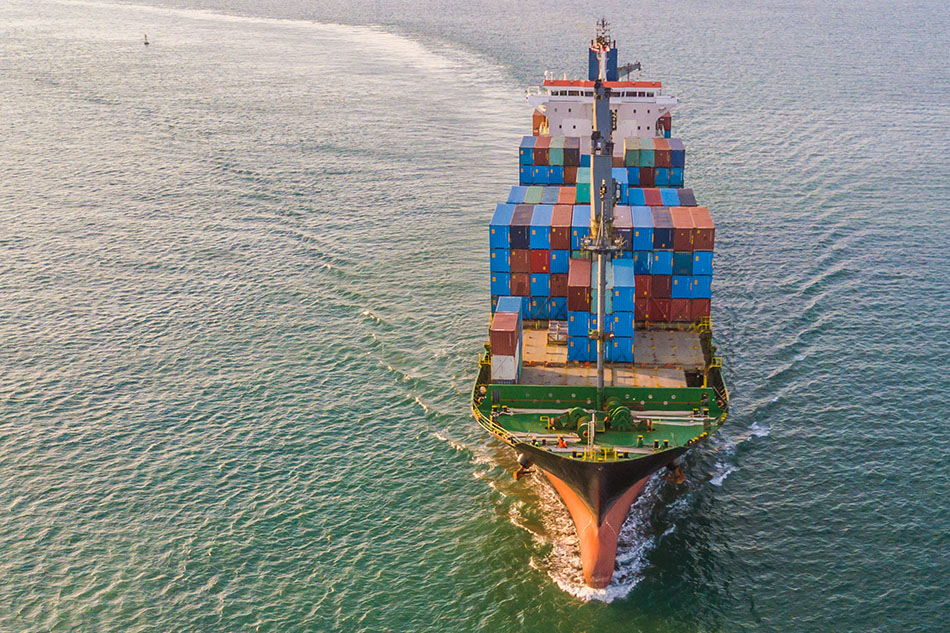
During the first six months of 2019, India brought in 156 million pounds of U.S. scrap plastics. | Avigator Fortuner/Shutterstock
Recovered plastic has largely stopped flowing from the U.S. into India, which until recently has been among the top importers of the material.
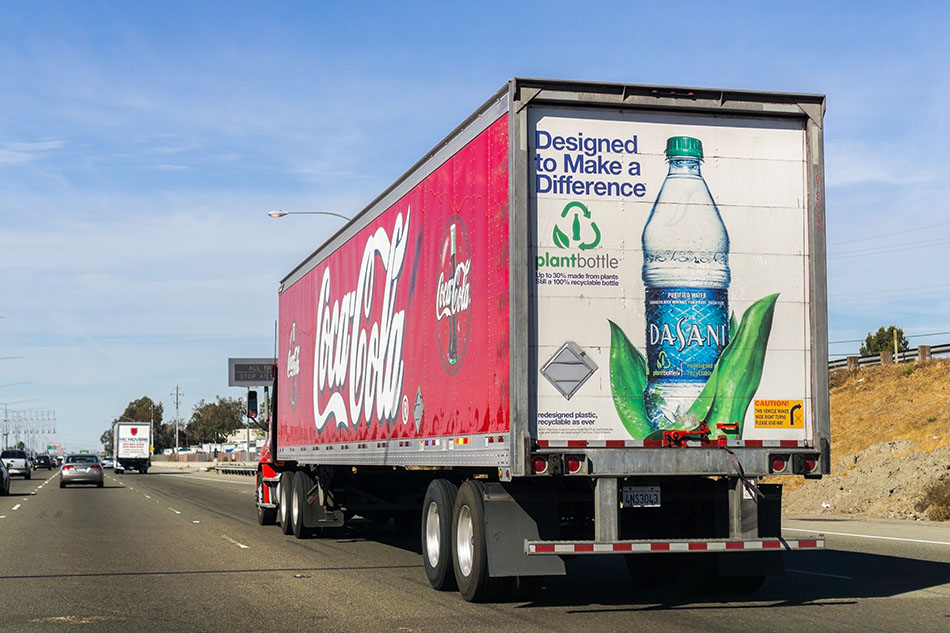
Coca-Cola has a goal to make its bottles and cans with an average of 50% recycled material by 2030. | Sundry Photography/Shutterstock
Coca-Cola will use recycled PET and plant-derived plastic in a Dasani water bottle, creating a package known as the “HybridBottle.” The move is one of several recycling-related changes being rolled out.
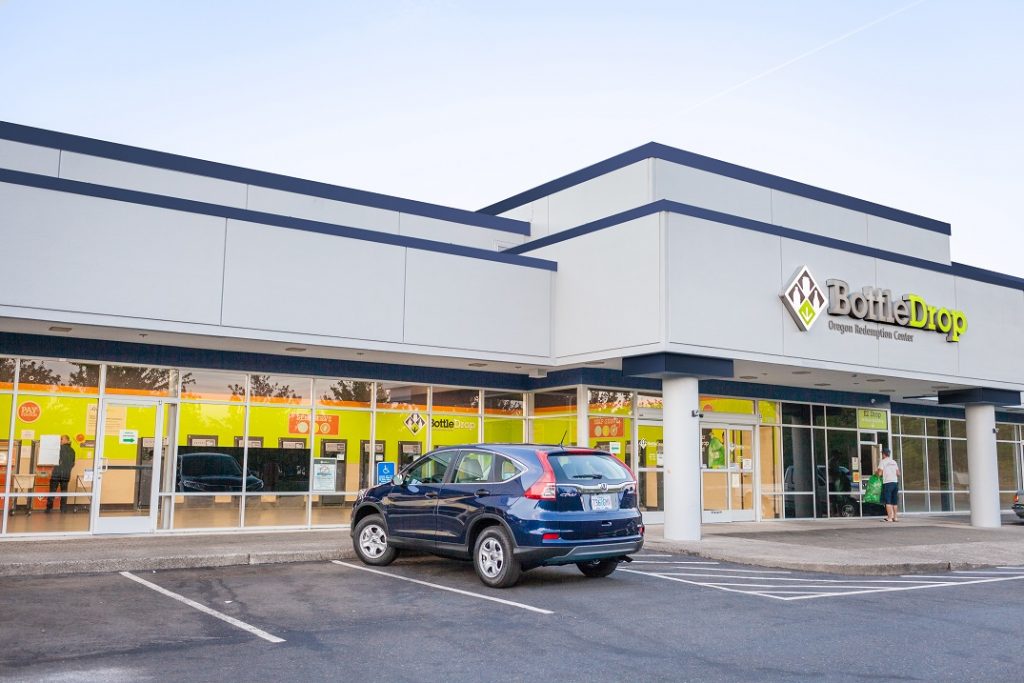
In 2017, the Oregon program doubled its deposit value from 5 cents per container to 10 cents. | Courtesy of OBRC.
Oregon’s container deposit system achieved an 81% redemption rate last year, significantly higher than the previous full-year figure. The increase comes after the deposit value doubled.
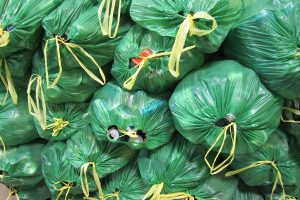 The longest-running container deposit program in the country expects to hit its highest redemption rate in years, shortly after the program doubled its deposit to 10 cents.
The longest-running container deposit program in the country expects to hit its highest redemption rate in years, shortly after the program doubled its deposit to 10 cents.
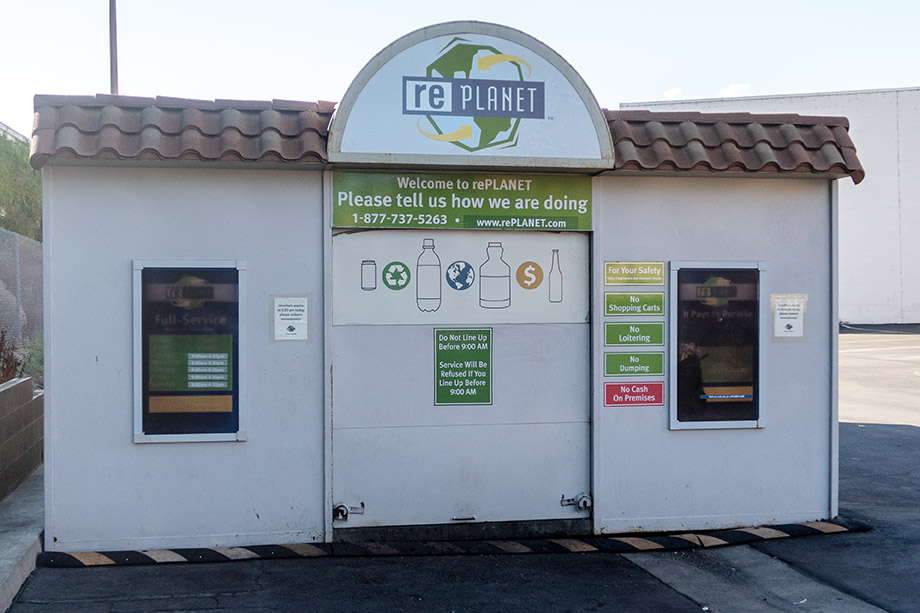
On Monday, RePlanet shut down completely and terminated its entire workforce throughout California. | Arne Beruldsen/Shutterstock
RePlanet, once the largest operator of facilities redeeming containers covered by the California Redemption Value (CRV) program, has shuttered. The move will significantly reduce consumer recycling access.
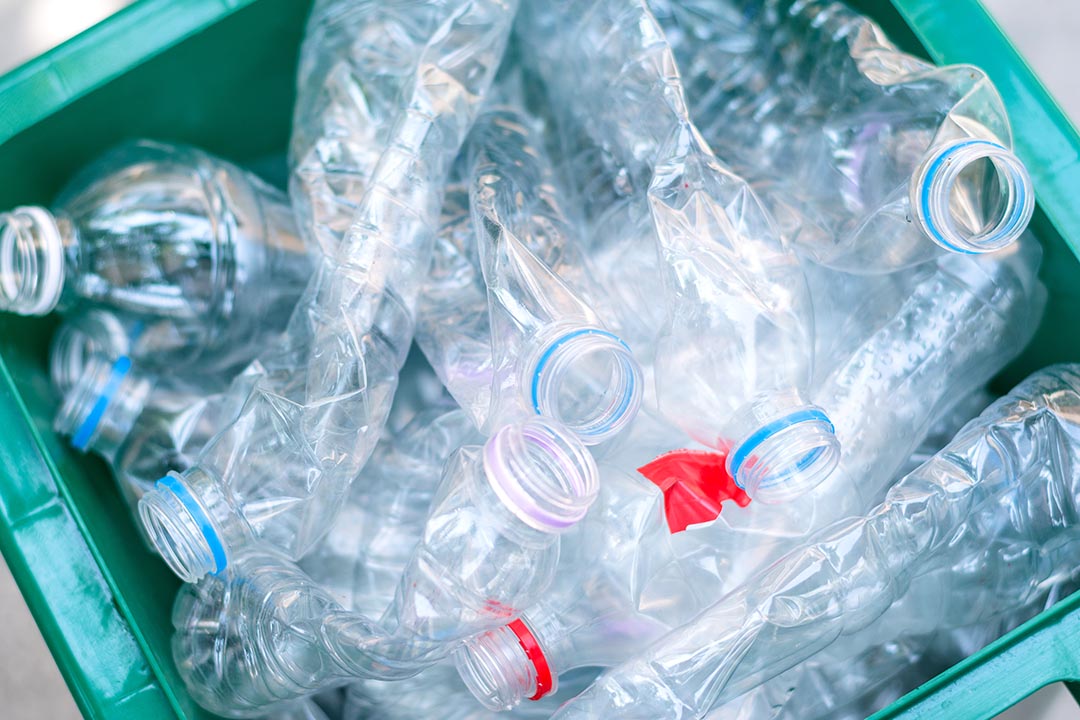
A market analyst projects that PET collection rates in the U.S. would need to double to provide enough supply for consumer goods companies to meet their goals. | Myibean/Shutterstock
Market analysts say PET collection rates are insufficient to reach the amount of material brand owners will need to hit their recycled-content objectives.
